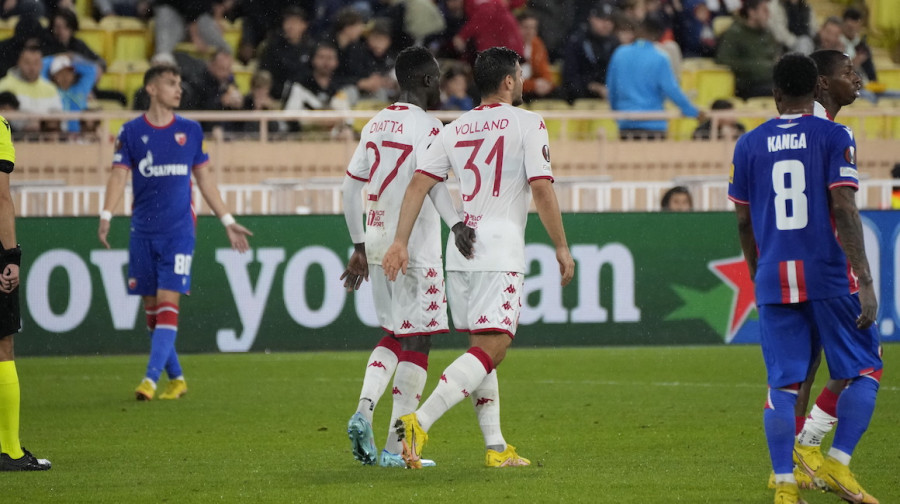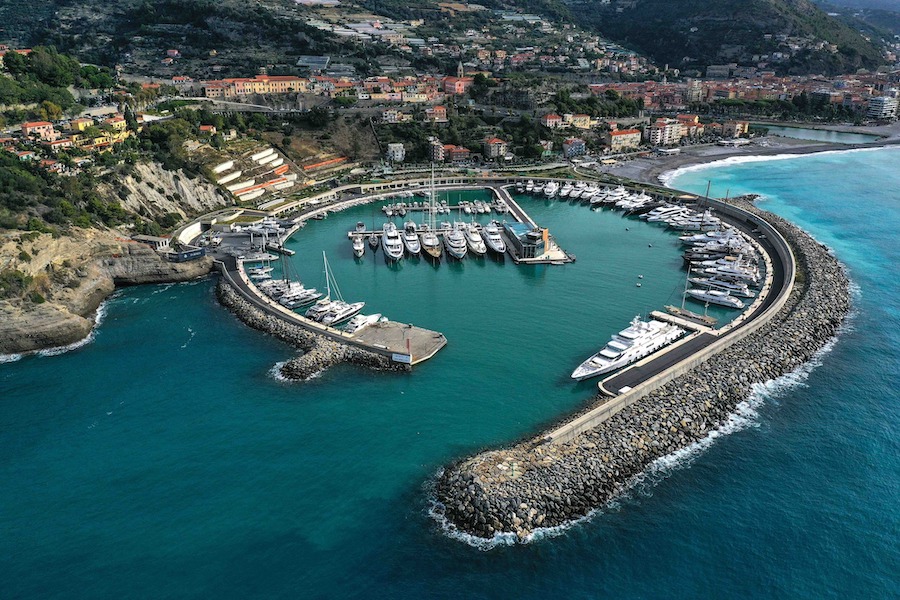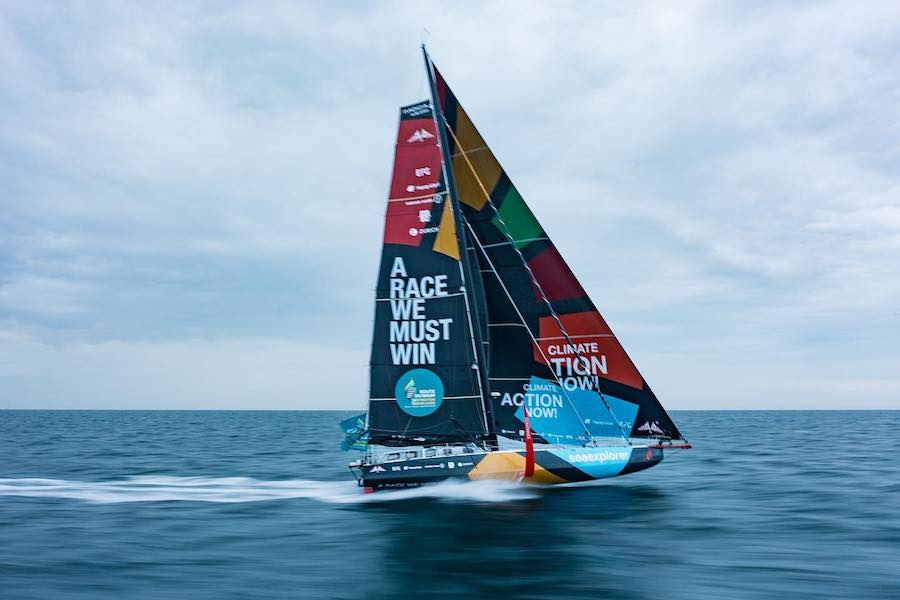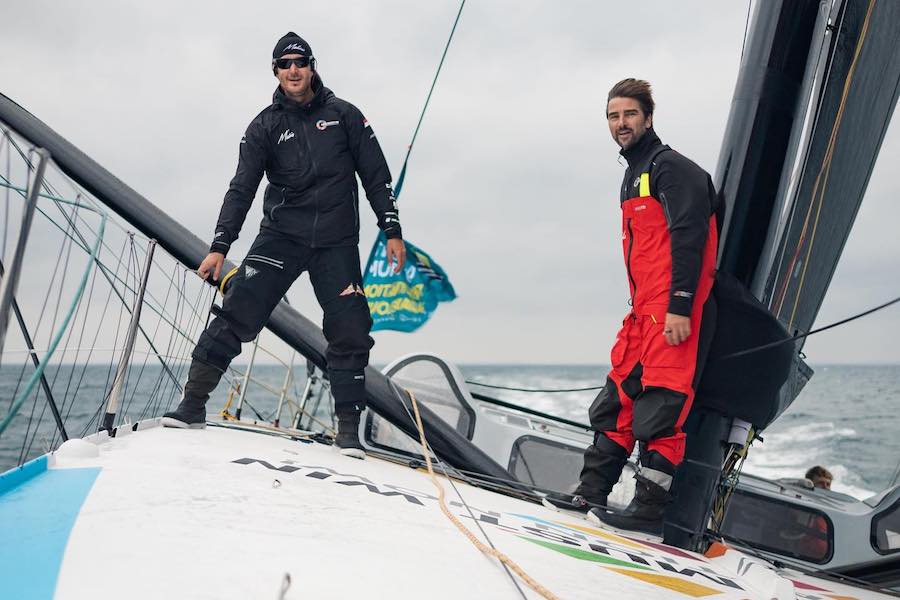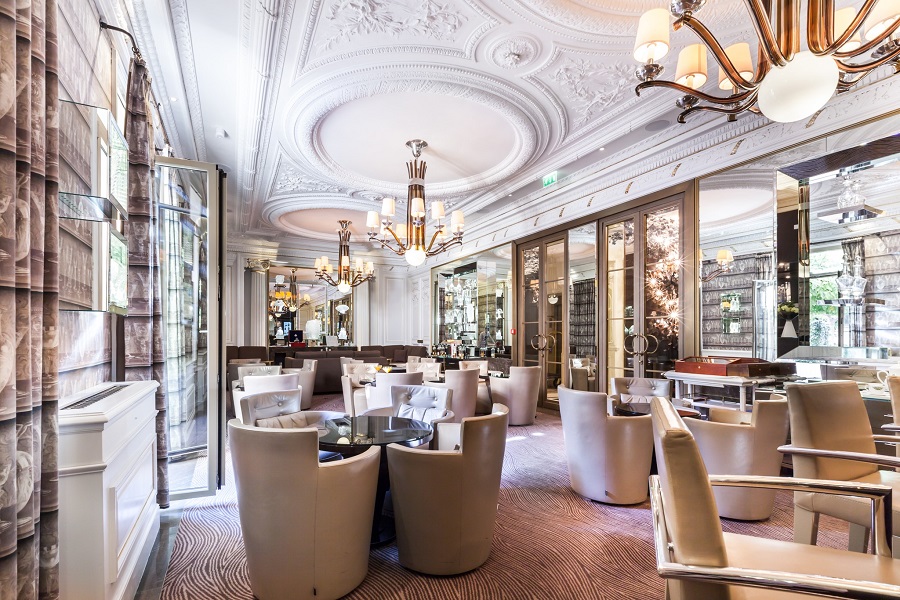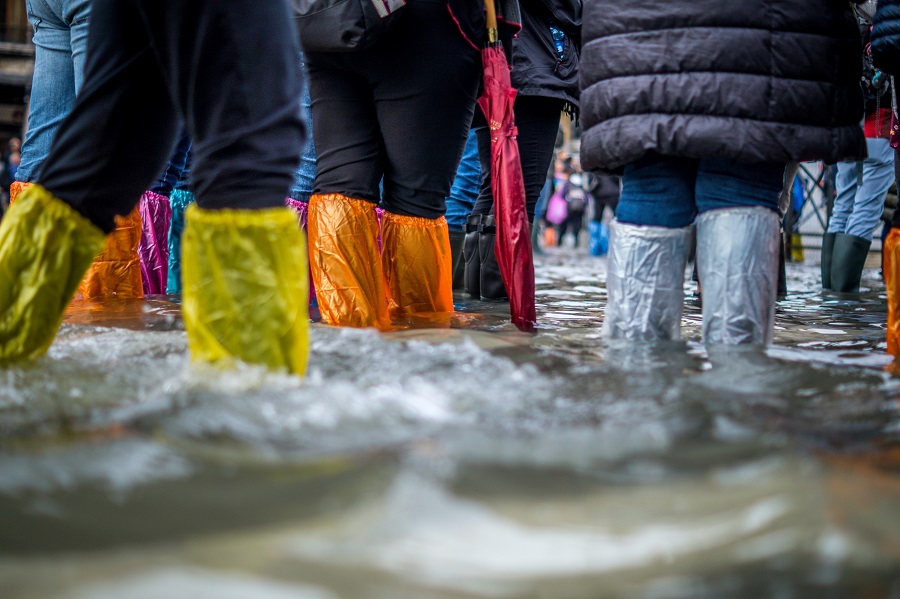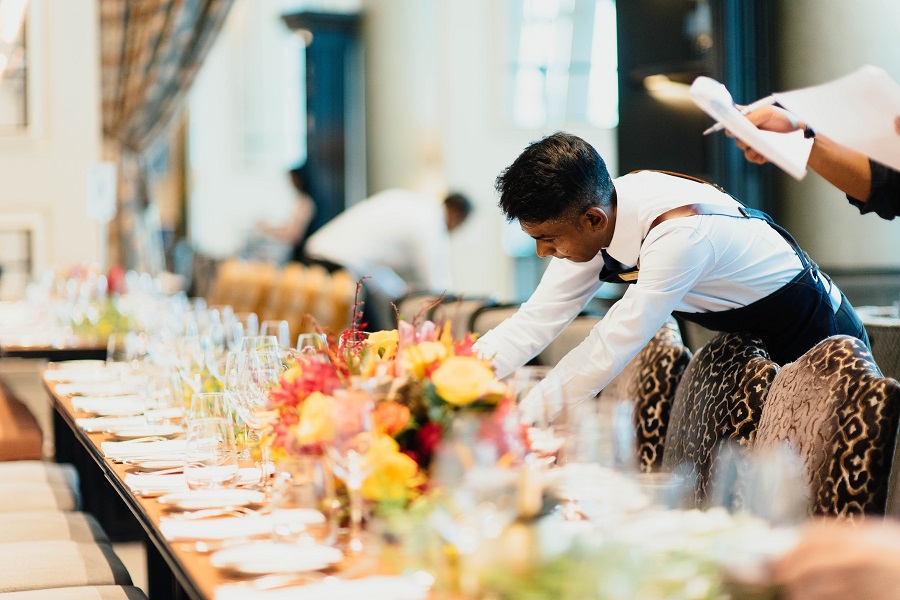Kevin Volland scored a hat-trick in a 4-1 victory for AS Monaco against Red Star Belgrade at the Stade Louis II on Thursday, ensuring their progression to the knockout stages.
Prior to the clash against Red Star, dubbed a “final,” Monaco manager Philippe Clement said that it was important not to “calculate” and think about the different scenarios that could play out on the night. Whatever happened elsewhere, a win for Monaco was enough to send them through to the knockout stages of the Europa League for consecutive seasons.
It was immediately clear that Clement’s players had received the message. They immediately sought to put Red Star under pressure, and the pressure quickly told.
Caio Henrique’s sumptuous, pin-point delivery was met perfectly by the head of Kevin Volland, who nodded into an empty net with the goalkeeper caught in no man’s land.
A flurry of half-chances followed, Krépin Diatta had a shot saved, whilst Wissam Ben Yedder had the ball in the back of the net, only for the offside flag to deny the Frenchman.
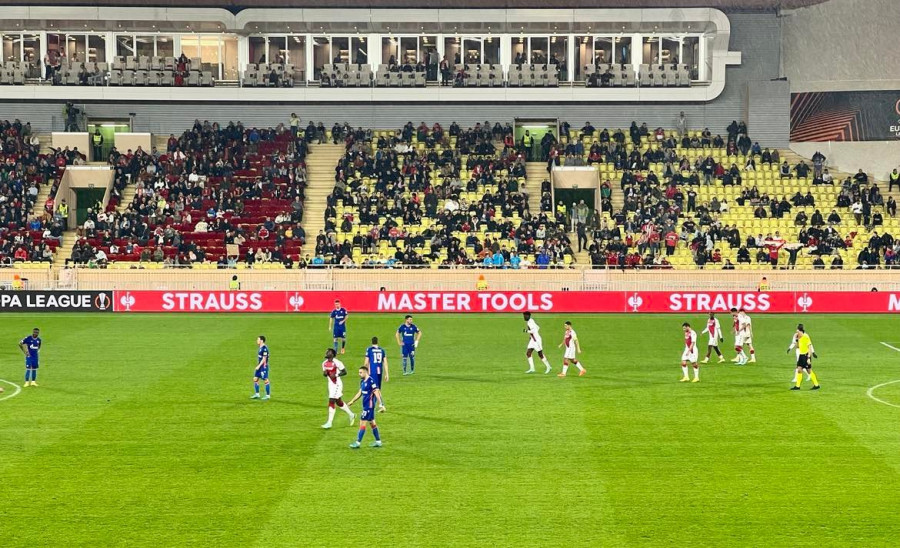
The lead was doubled, and it was Volland again with the finish. Found on the edge of the box, his curling effort nestled into the bottom corner, the goalkeeper rooted to the spot.
There was no let-up after the break. Aleksandr Golovin, arguably Monaco’s most consistent and improved player this season, dribbled around the Red Star defence, before putting a shot across goal, which was diverted into the goal by the recovering Milan Rodić.
A rash Benoît Badiashile challenge in the box gave Red Star an unlikely route back into the match with Guélor Kanga stepping up to convert the resulting penalty. The Serbian side almost got a second, but VAR ruled out Aleksandar Pesić’s sliding finish.
After the Red Star scare, Monaco shored up their defence and thereafter looked unthreatened. The night was perfectly capped by Volland who secured his hat trick in the latter stages, his first in Monaco colours.
Clement’s comments
“There were those who said my team had problems in big matches. I’m happy my team showed otherwise. They were ready, and started with a good tempo, created chances, and played collectively and with aggression. The first half was very good, one of the best first halves during my time as manager here,” said Clement post-match.
He was also happy with his side’s mentality after conceding the goal that gave Red Star an unlikely route back into the match. “It was dangerous at this moment. We continued to play to score goals and create chances. It’s important with a young squad, who have received setbacks in the past months, to show that they have grown. I see a team that is growing every week,” Clement told Monaco Life.
Man of the match – Kevin Volland
The German has been a support act for much of the season so far, playing second-fiddle to Breel Embolo, who has hit the ground running. However, Volland made his case to start more regularly on Thursday. He met Henrique’s pin-point cross well, before doubling his account on the night with a technically adept, curling finish from the edge of the box.
His return to form is potentially pivotal not only for club, but also for country. Timo Werner’s injury gives Volland a glimmer of hope of making Germany’s World Cup squad. His performance against Red Star will certainly have caught the attention of his Hansi Flick.
Monaco next face Toulouse in Ligue 1 on Sunday in the penultimate match before the World Cup break.
Photo by AS Monaco
